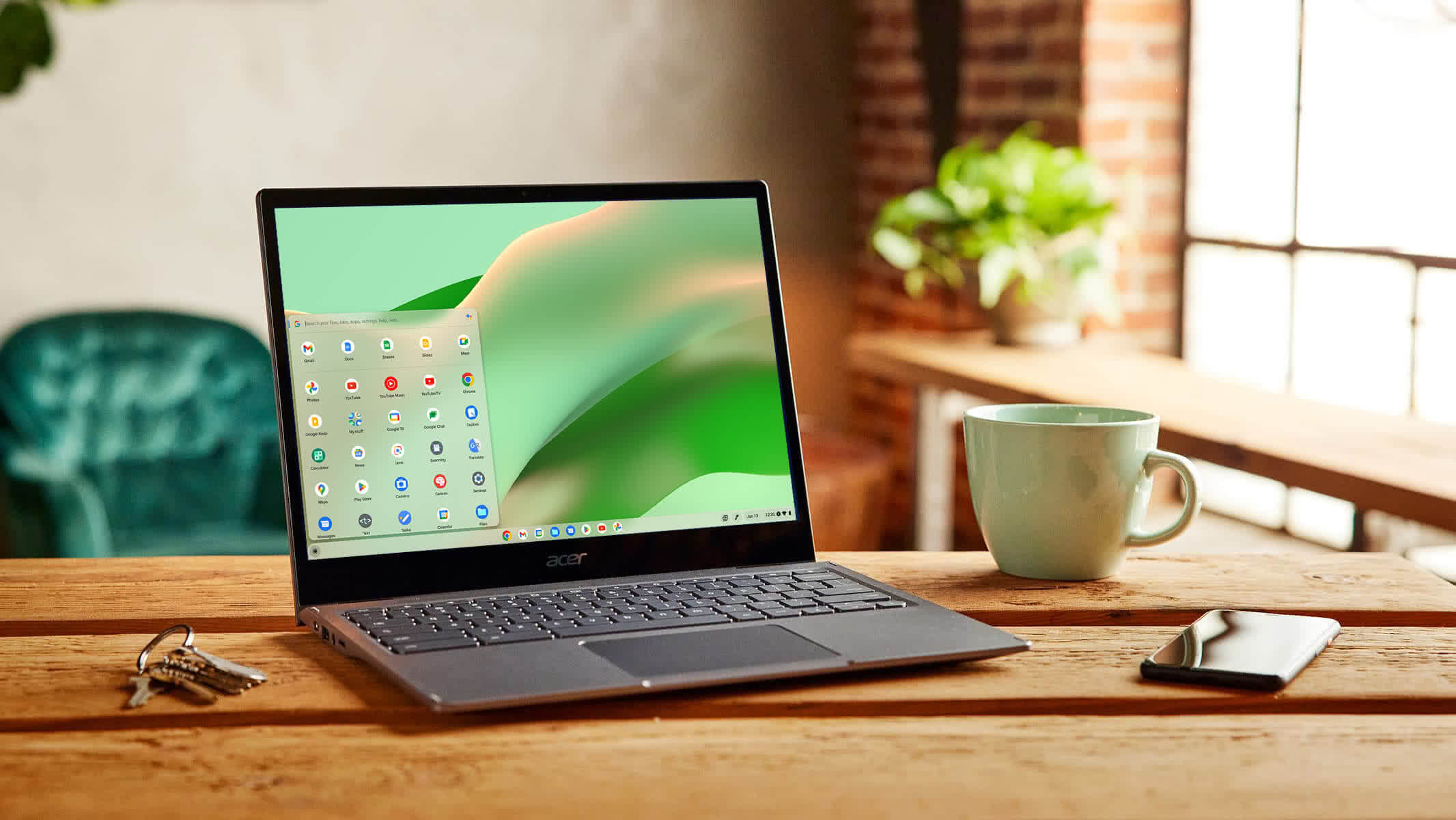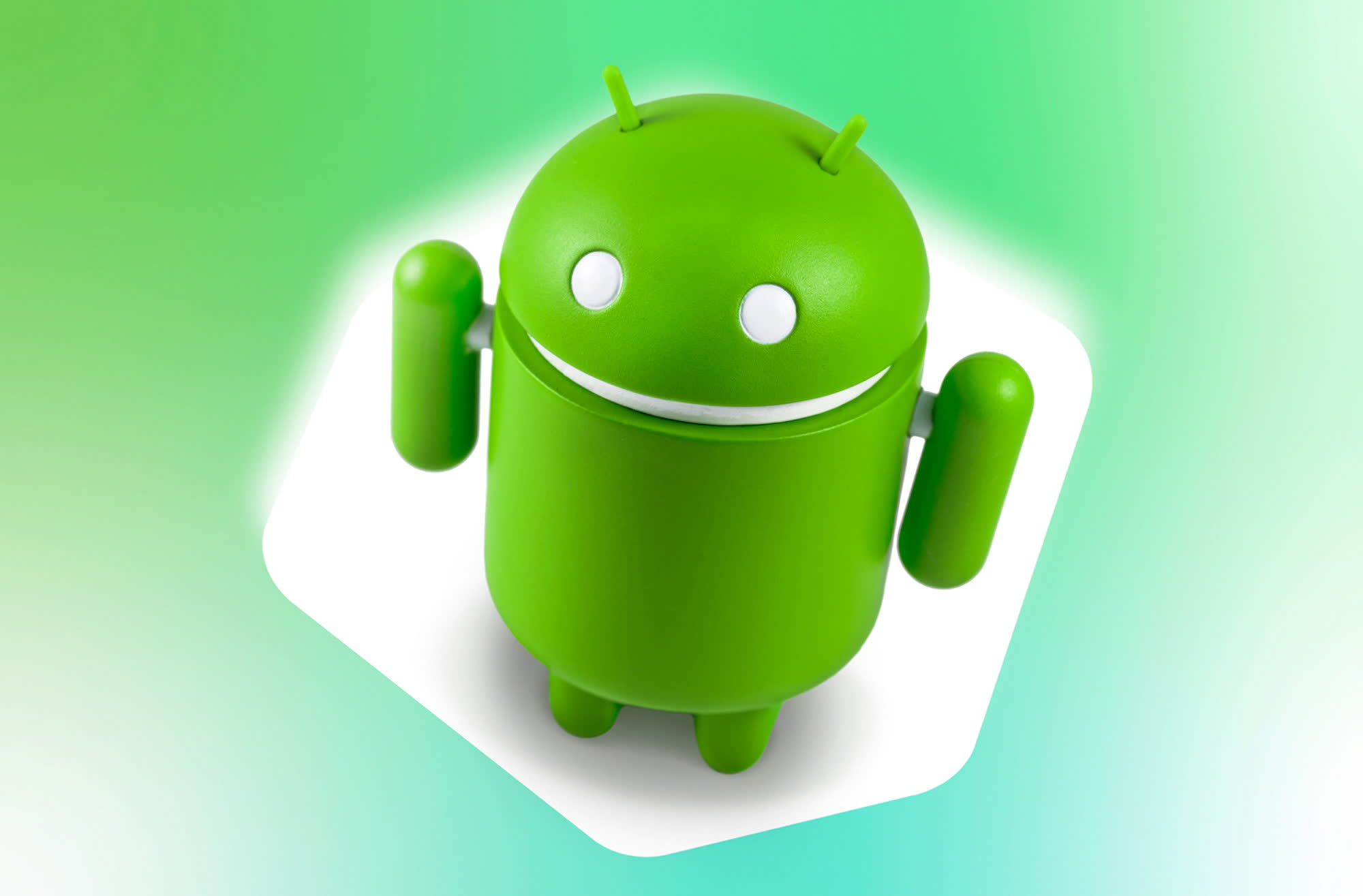In a nutshell: Google is apparently interested in blurring the line between its two main computing platforms. The mobile-focused Android system could soon acquire the ability to run specific ChromeOS builds, although the feature has only been demoed behind closed doors for now.
Google recently demonstrated to its business partners how the company's latest Android phones can run the cloud-focused ChromeOS system in a dedicated environment. The private demo showcased a special build of ChromeOS's open-source counterpart, known as "ferrochrome," and highlighted the ability of Pixel 8 devices to project the system onto an external display.
ChromeOS can run on an Android device thanks to the Android Virtualization Framework (AVF), a VM technology initially introduced with Android 13. AVF creates a secure and private execution environment for specific use cases, providing stronger code isolation than Android's standard app sandbox when customers require very high, or even "formally certified," computing environments on the go.
The AVF feature is currently supported on ARM64 devices only. It has so far been used to run custom, stripped-down Android builds known as "microdroids." However, as demonstrated by a developer who ran Windows 11 on a Pixel 6 phone in 2022, AVF's virtualization technology appears capable of managing even a "foreign" operating system like ChromeOS.

In recent years, ChromeOS-based Chromebook devices have gained the ability to support native execution of Android apps downloaded through Google's App Store, although this feature is only available on specific Chromebook models. Android still does not officially support ChromeOS apps, but Google is making efforts to enhance the experience on larger screens with specific improvements to Android's desktop mode.
The ability to run ChromiumOS on Android through an AVF virtual machine would provide an ideal blend between the two platforms, offering end customers more flexibility in how they access their apps and web-based productivity services. Google's private demo did not come with any assurance of an upcoming public release of the feature, and the company has already made it clear that it does not intend to merge Android and ChromeOS into a single operating system with a common technological core.
Google had previously attempted to create a hybrid Android/ChromeOS operating system known as Andromeda, but the project was ultimately discontinued. According to Google VP Hiroshi Lockheimer in 2016, both systems had become successful in their own right and were influencing each other, but there were no plans for an actual merger.
